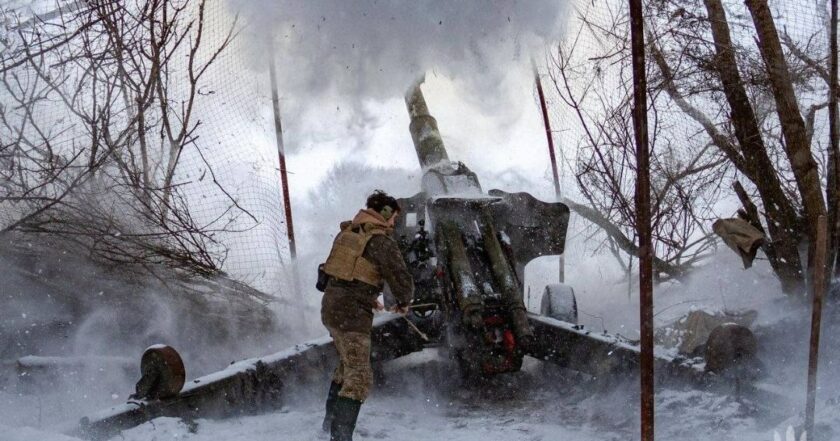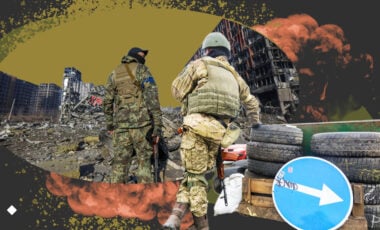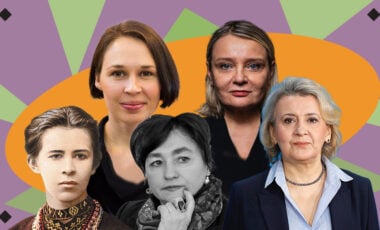Over 40% of Ukrainians hope for winter improvement at the front – survey

Photo: open sources
Ukrainian citizens anticipate improving the situation at the front during the winter but are bracing for a declining economy. The most pessimistic among them are the residents of the capital city and the younger generation.
This is evidenced by the results of the survey "Ukraine in conditions of war," conducted by the sociological group "Rating."
Yes, 46% of respondents believe in improving the situation at the front.
Young people aged 18-35 are more pessimistic in their assessments – 38% of respondents believe that the situation at the front will improve, while among older people aged 51+, this figure reaches 52%.
According to pessimistic expectations, the economy will:
- 34% of respondents expect a deterioration in this industry,
- 43% do not expect any changes.
- Kyiv residents (49%) expect the economic situation to worsen the most.
In general, sociologists note that the younger and wealthier the respondents, the higher the share of people with negative expectations about the economy.
However, when it comes to changes in the personal state of affairs in winter, negative expectations prevail among the less wealthy: among well-off citizens, the share of those who expect their situation to worsen is 7%, while among the less wealthy – 28%.
The energy sector is estimated to improve (17%) or remain unchanged (43%).
Regarding assessing the potential situation with energy supply, the respondents believe that it will be better compared to last year (41%) or the same as last year (49%).
At the same time, among residents of the frontline and de-occupied territories, 54% in both categories believe that their electricity situation will be the same as last year. Meanwhile, the central-western regions have more optimistic expectations and think the situation will improve.
Based on expectations for winter, the survey's authors conducted a cluster analysis and identified several categories among the respondents.
Thus, according to their expectations of the situation this winter, respondents are divided into three groups: pessimists (25%), optimists (21%), and those who are undecided about their expectations (54%).
The largest share of optimists is observed among residents of central regions' villages and people aged 51+. At the same time, residents of Kyiv and young people (18–35 years old) are the most pessimistic.
For reference:
The survey's audience is the population of Ukraine aged 18 and older in all regions, except for the temporarily occupied territories of Crimea and Donbas and territories where there was no Ukrainian mobile connection at the time of the survey.
The sample is representative in terms of age, gender, and type of settlement. One thousand respondents were interviewed on November 22-23, 2023.
The CATI (Computer Assisted Telephone Interviewing) method was used based on a random sample of mobile phone numbers.
It is worth mentioning that nearly 75% of surveyed Ukrainian citizens have prepared for potential energy supply issues during winter. The most proactive groups included young and middle-aged individuals and those who are more financially stable, specifically those living in the capital city.
It was also reported that the share of Russian citizens who want the continuation of the war is currently 39%, and this is the first time since the beginning of the full-scale invasion that it has become less than the share of Russians, which is 48%, who are in favor of negotiations with Ukraine.


















































